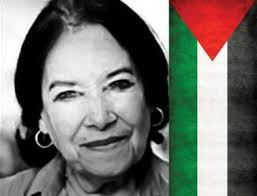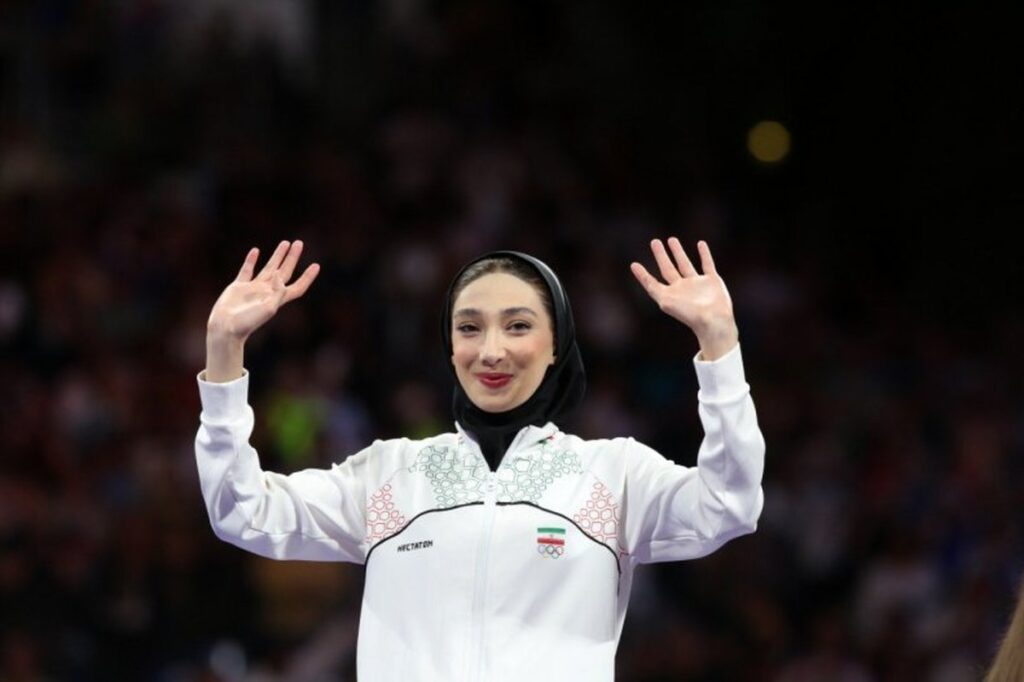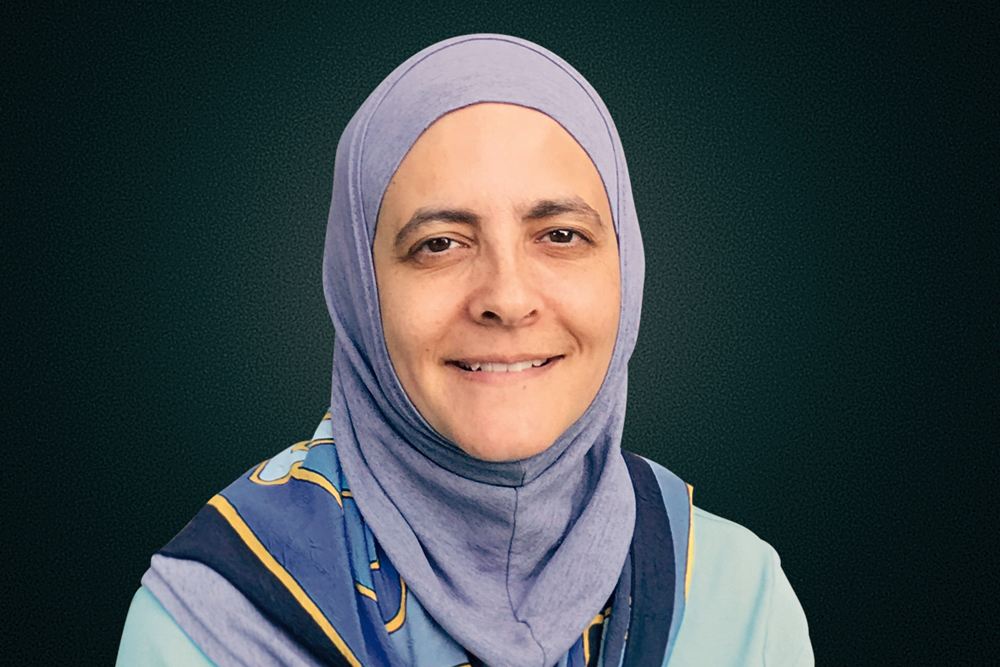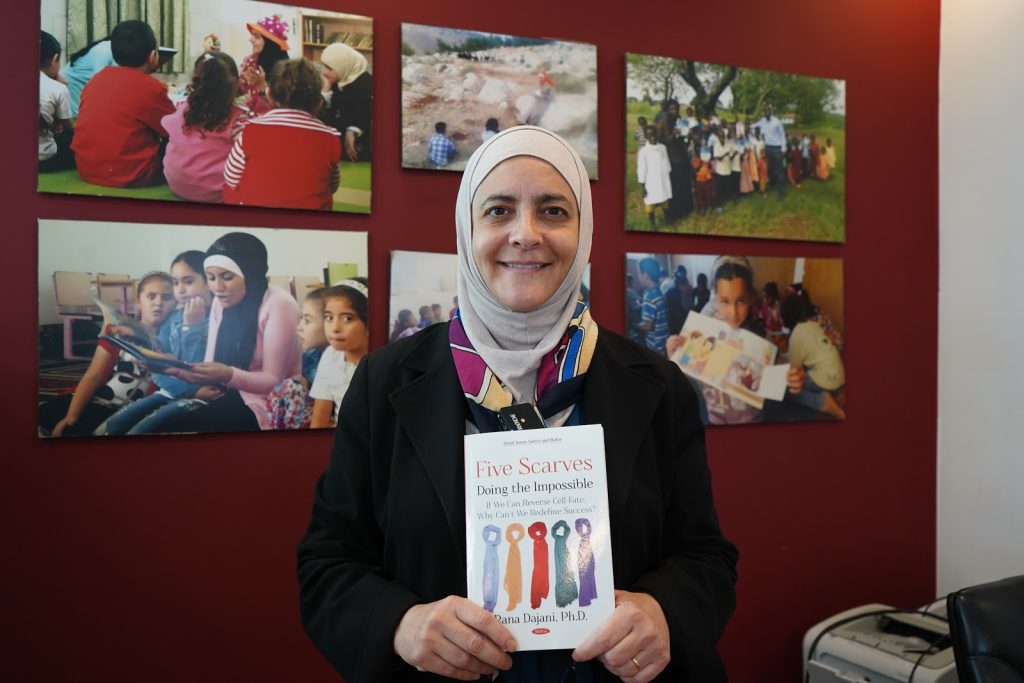On the occasion of Palestinian Women’s Day
Palestinian history is replete with the names of women whose influential activities have etched their names into the annals of Palestine. On Palestinian Women’s Day, we highlight a few of these pioneering women.
Asma Tubi: A Trailblazing Palestinian Writer
Born in Nazareth in 1905, Asma Rizq Tubi was a renowned Palestinian poet, writer, and media pioneer who spent most of her life in Lebanon, passing away there in 1983. She was one of the pioneers of Palestinian women’s theater.
Jihad Ahmad Salah, in his book titled ‘Asma Tubi, a Pioneer of Women’s Writing in Palestine’, describes her as follows: ‘She was exactly as she wanted to be, first, she was free in her patriotism, second, she was free in her creativity and writing that she pursued, and third, she was free in her humanity and was a representative of women’s affairs.’
Tubi was an active member of the Women’s Union in Acre between 1929 and 1948. She was also a prominent member of the Young Women’s Christian Association and the president of the Young Orthodox Women’s Association. Before 1948, she worked in journalism, editing the women’s page of the “Palestine” newspaper.
Tubi is the only Palestinian woman who wrote dramatic literature in the pre-Nakba period. She was active in playwriting during the period between the beginning of World War II and the 1920s and 1930s in Palestine and Lebanon. Her first plays were published in Acre in 1925.
After the 1948 Nakba(Palestinian catastrophe), she was forced to migrate to Lebanon, where she continued her work as a journalist and radio operator in the sections related to Qods, Beirut and the Near East.
My Great Love
As a poet, her only collection, “My Great Love,” published in Beirut in 1972, was a summary of her poetic career dedicated to the Palestinian cause. It depicted the sufferings of Palestine and celebrated resistance against British and Zionist occupiers. Comprising 38 poems, it addressed the wounds of the Nakba and the longing to return to the homeland: “O our mother, the most sacred thing in life and more precious than a mother, O our land, tomorrow we will return.”
While Asma Tubi focused on the human and emotional dimensions of patriotism and nationalism in her articles and thoughts, as evident in her book “Conversations from the Heart” published in Beirut in 1955.
Tubi believed that literature carried a message of intellectual freedom, national zeal, and literary courage: “Because a poem destroyed the Bastille, and a sermon by Antony turned people who were against the slain Caesar into people who rose up against him.”
In 1973, Asma Tubi was awarded the Order of Konstantin the Great of Lebanon, and in November 1990, she received the Qods Medal for Culture and Arts. She passed away in Beirut in 1983.
Fatima Musa Al-Budairi: One of the First Women in Media
Fatima Al-Budairi, was the first Arab woman to have her voice broadcast on Al-Quds Radio in 1946. She was one of the first professional women in the Arab world’s media.
Born in Qods in 1923, she worked in education before turning to media. In addition to news programs, she presented cultural programs and was the first female presenter to have her voice on the air. She was also the first woman to sit behind the microphone and deliver news to listeners, at a time when there were few women in radio.
She found herself in the midst of a storm that would not subside until the events of the Nakba. Between 1950 and 1952, she moved with her husband to work for Syrian radio, followed by a stint at Jordanian radio from 1952 to 1957.
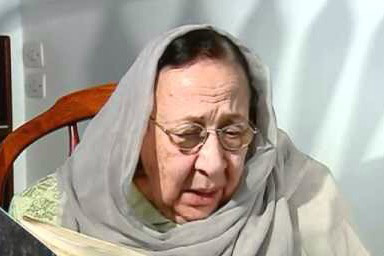
Return to Ramallah
She returned to Ramallah and worked in education, reading the news for Al-Quds Radio once a day at the request of the radio manager. She continued in this role until 1957, when she was forced to return to Damascus with her husband and then traveled to Berlin.
From 1958 to 1965, she worked for Deutsche Welle radio before returning to Ramallah and once again joining the education sector.
Al-Budairi was a librarian at the Women Teachers’ House, affiliated with the United Nations Relief and Works Agency in the city. She then moved to Jordan to work at the University of Jordan library and the Jordanian House of Culture and Information.
She passed away in 2009 and was buried in Jordan.
Fadwa Tuqan: The Mother of Palestinian Poetry
Fadwa Tuqan‘s name is synonymous with Palestine, and her life was intertwined with the calamities that befell Palestine. She was nicknamed “The Oak of Palestine.” Born in 1917, when the infamous Balfour Declaration was issued, her father was imprisoned and exiled that same year.
Tuqan lived in a conservative family environment in Nablus. After completing her primary education, she was denied further studies, so her poet brother, Ibrahim Tuqan, took her under his wing and helped her begin her poetic journey.
After Ibrahim’s untimely death, Tuqan relied on herself for education and training. She overcame many setbacks, which greatly influenced her poetry. She expressed the ugliness of occupation and celebrated the sacrifices and struggles of the Palestinians.
poetry collections
Two of her poetry collections, “Night and Knights” and “Alone Above the World,” paid tribute to Palestinian martyrs and the steadfastness of both male and female prisoners. She also expressed her sorrow for the plight of her city and its people and mourned the loss of its martyrs.
After the 1967 Six-Day War, she dedicated her poetry to resisting the Israeli occupation and frequently met with her audience at poetry seminars.
Terrorist, Moshe Dayan, the former Israeli Defense Minister, famously said, “Every poem that Fadwa Tuqan writes creates ten saboteurs (Palestinian resistance fighters).” Meanwhile, Mahmoud Darwish called her the “Mother of Palestinian Poetry.”
Tuqan passed away in 2003 at the age of 86, having spent her life fighting for Palestinian freedom through her words and poetry. Her famous poem is inscribed on her tombstone: “It is enough for me to die upon her and be buried in her, to dissolve and perish beneath her soil, and to sprout as grass upon her land, and to bloom as a flower for her, a flower for a child’s hand to play with, a child my homeland has nurtured. It is enough for me to remain in my homeland’s embrace, as dust, as grass, as flower.”
Fadwa Tuqan received numerous awards and honors, including the Silver Olive Medal for Mediterranean Culture in Italy, the Qods Medal, and the medal for the Best Arab Woman Poet.
From: albaathmedia


